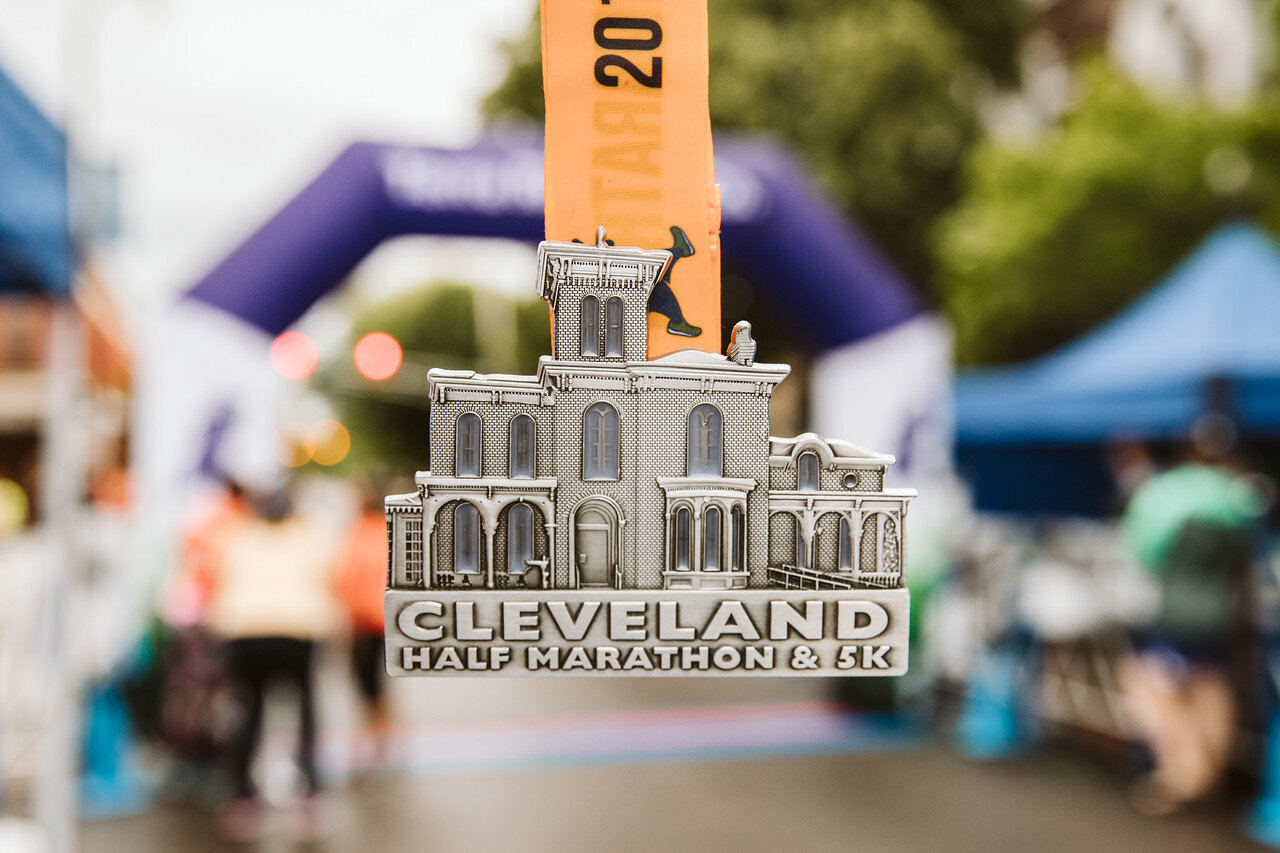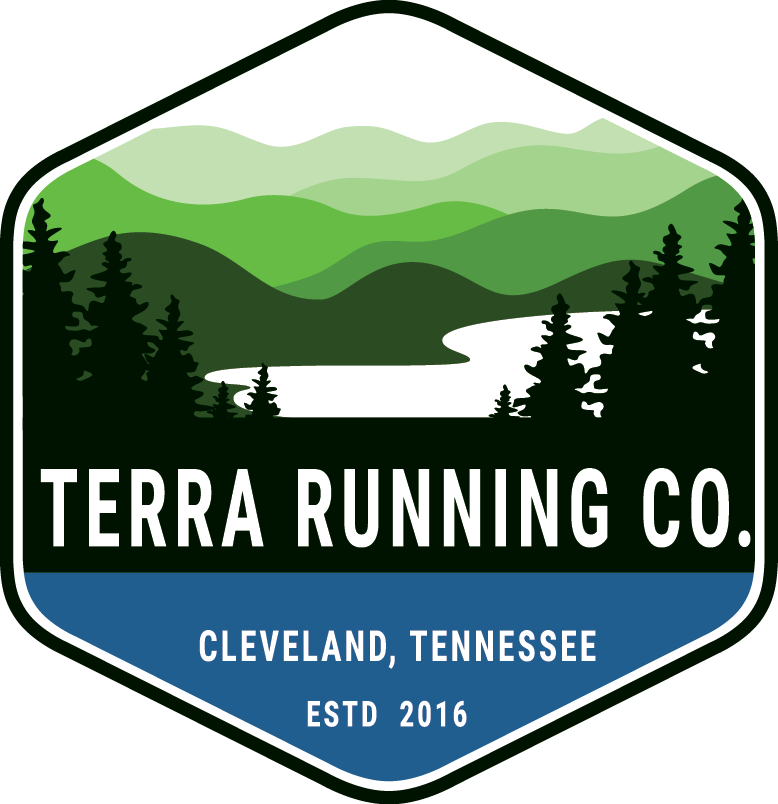
Maybe Some Days Off
Go one more. There’s no need for rest days. Peak performance requires no rest. No days off.
There’s something about our society nowadays that glorifies relentless exhaustion and constant competition. One is expected to either kill their body or beat their previous performances in order to become “the best version of themself.”
Growing up playing sports, the goal was always to beat the other team, and somehow running became no different, only the other team became the run I had the day before. There was something about me that craved beating yesterday’s performance and initially believed that if I just ran a little faster and a little further, without any days off, that somehow I would become the “ideal runner.”
I was indeed very wrong.
Now there is nothing wrong with wanting to go faster, farther or to push your body to extremes, but perhaps that version of oneself contains rest. The American Council on Exercise (ACE) suggests that athletes who partake in high intensity exercises (which looks different for everyone) should schedule a rest day every seven to ten days, and possibly more frequently depending on the person.
Other studies suggest a phenomenon known as “overtraining syndrome” in which an individual can over train to an extent which could increase body fat, amplify mood disturbances, and increase a higher risk of dehydration.
How do I know my body needs rest? Signs of needed rest can include: general feelings of fatigue, various muscular aches and pains, continued decrease in performance, etc.
So am I just supposed to lay on the couch all day? Well rest looks different for everyone and is considerably harder depending on work, school, kids, etc. but a couple ways to rest well include:
Sleep! Yes, get lots of sleep! Lack of sleep is also somehow glorified in society today, but I promise your body does not enjoy it. Sleep is one of the most essential components of a body which can perform well consistently.
Go on a walk! Active recovery is one of the best ways to care for your muscles. Low-intensity active recovery permits the blood to flow throughout your muscles and tissues allowing for reduced muscle soreness and increases quicker recovery.
Stretch, stretch, stretch! Work on ways to stretch or strengthen your mobility in order to avoid future injuries. Rolling muscles out on a foam roller or using techniques involving a resistance band are great ways to stretch and strengthen your mobility.
Plan! Our weeks get busy from work, school, family, friends, sports, etc. Take time to plan your workouts for the week, as well as scheduling your next recovery day, in order to maximize that week’s goals.
Recovery days should be looked forward to rather than avoided. So yes, maybe it does go against the grain of societal achievements in exhausting one’s body, but perhaps your body doesn’t even care about societal norms. Give your body what it needs! The best athletes are strategic about rest and recovery!
Occupying your mind on a run
One of my least favorite things is when I go for a run and it feels like it takes forever just to finish. I always start my runs so motivated and then by the end I am dreading every step, just counting down the tenths of each mile until I’ve hit my mileage for the day. So if you ever find yourself struggling with the same “I can’t wait until this is over” feeling, I’ve written some of my favorite things to do on runs to help them fly by, no matter how long they may be.
Of course my absolute favorite thing to do on runs is talk to friends. I have found that If I catch myself deep in a conversation about something that sparks my interest, I completely lose track of how far I’ve gone - in the best way possible.
Another thing my friends/teammates and I like to do is play a game where one person starts a sentence with a few words and each person has to add a few words to the sentence until we’ve told a whole story. If you’re not much of a story-teller on runs, we also like to ask each other questions that everyone has to answer. Some of my favorites are “What is your favorite place you’ve ever traveled to?” and “What is the scariest thing you’ve ever done?”. These inevitably spark fun and crazy conversations.
If you don’t have a group of people to run with, no worries! I have found plenty of things to keep my mind busy when running alone. Listening to music is always a great go-to, but another thing that keeps my mind distracted is podcasts. There are so many amazing running podcasts out there (The Running For Real podcast, Run to the Top, Ten Junk Miles, Terra Running’s own Terra Girls Podcast, and MANY more) but one of my favorite podcasts is actually Crime Junkie!
Some other things you can do to help your run fly by are visit new neighborhoods or tails, set aside something after the run that you can look forward to, and don’t look at your watch! I have found this to be one of my biggest problems on those long days. I fall into the trap of checking my watch a few times each mile which makes things drag on forever. But when I only look at my watch when I hit each mile, it helps tremendously.
My last two suggestions are to try to stop as few times as possible and break the run up into smaller chunks. I have had long runs where I stop 5+ times just because I am tired, crossing a street, using the restroom, or some other reason I justified in my mind to stop for a break. But I’ve always regretted stopping so many times because first, what you get out of a run just isn’t the same when you stop numerous times, and second, it adds SO much time onto a run! As tempting as it may be to stop, the fewer times you do so, the faster you finish! I have also found it helpful to break the run up into smaller chunks; four 15 minute sections seems much less intimidating than a 60 minute run. Find out what works best for you to keep your mind happy on those long days and you’ll enjoy running more every day!



